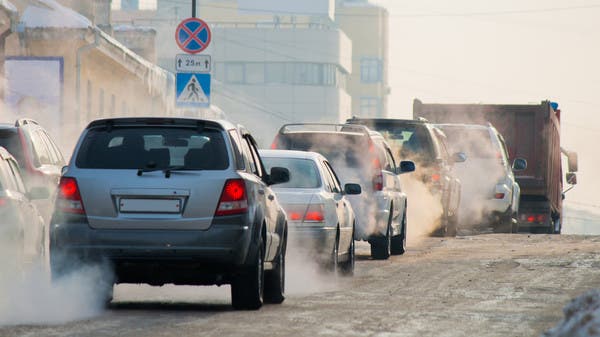Every year, starting in October, health initiatives all across the world concentrate on informing people about breast cancer.
Regarding this, a recent French study involving hundreds of women found that exposure to a number of air contaminants may raise the risk of breast cancer.
This study, which included the term “Xenair” among its conclusions, supported the notion that burning coal, oil, gas, wood, and garbage increases the chance of developing breast cancer. Nitrogen dioxide is also present in car combustion engines, particularly diesel engines.
The most frequent kind of cancer in women, breast cancer, is also caused by genetic or hormonal risk factors, as well as by elements related to age or lifestyle (alcohol, physical activity, etc.).
). However, a number of research in recent years have illuminated the function of several contaminants.
One of these risk variables, according to the authors of a meta-analysis published in 2021, is exposure to nitrogen dioxide, and they hypothesised that it may be responsible for around 1,700 of France’s annual instances of breast cancer. They believed that the research on the harms brought on by small particles was not entirely reliable.
The authors of the “Kisner study” investigated the link between the risk of developing breast cancer and prolonged exposure to low concentrations of eight air pollutants, namely those with xenoestrogenic qualities as cadmium, dioxins, and benzo[a]pyrene (BaP). According to a statement they released, they include ozone (O3), nitrogen dioxide (NO2), and tiny particles (PM10 and PM2.5).
In comparison to a comparable number of healthy cases, the study comprised 5,222 breast cancer cases diagnosed between 1990 and 2011 from a nationwide cohort monitored for 22 years.
For each pollutant, the average and total exposures of each women were calculated while accounting for a variety of factors, such as residences.
It was discovered that exposure to nitrogen dioxide increases the risk of acquiring breast cancer.
The journal Environmental Pollution is anticipated to publish a paper on these findings.
Endocrine disruptors benzo[a]pyrene and polychlorinated biphenyls 153 have also been linked to the higher risk.
It is noteworthy that researchers from the Lyon-Perard Center and Ecole Centrale de Lyon in southeast France, the Gustave Roussy Institute in the Paris region, the National Institute for the Industrial Environment and Risks (Ineris) based in north Paris, and the Population Health Center in Bordeaux (south of Paris) participated in the study (as well as researchers from the British University of Leicester in western France, the Lyon-Perard Center, and Ineris). The conclusions of this study are in line with those of other previous studies.
Attention women: this gas increases your risk of developing breast cancer.

